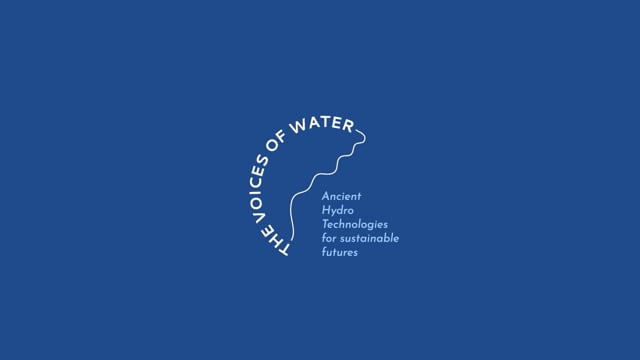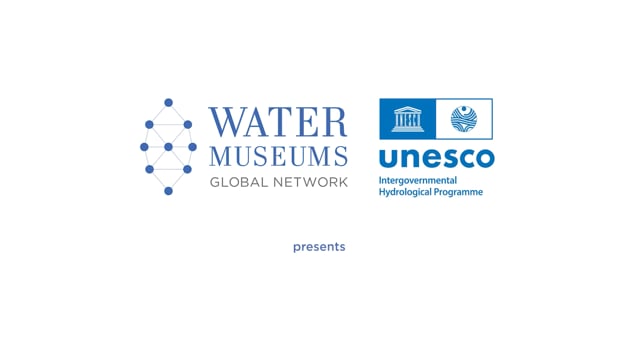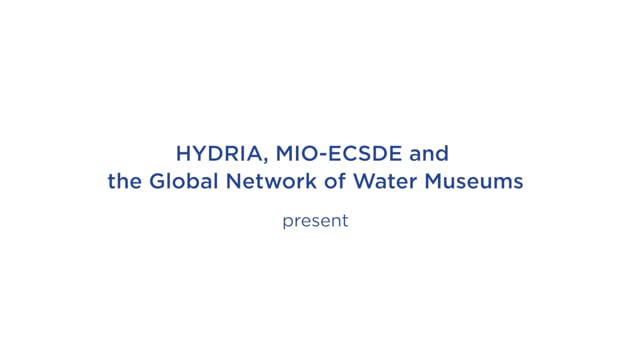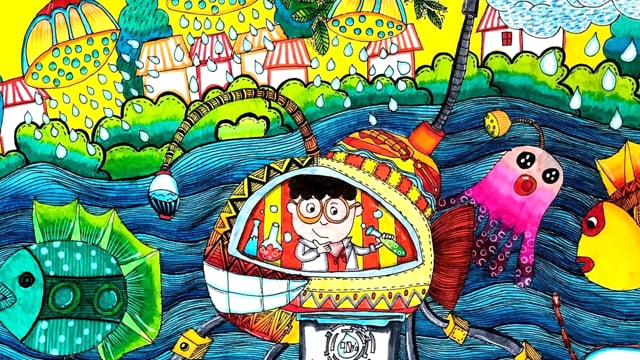Video Gallery
THE VOICES OF WATER
Eight case studies of Ancient Hydro-Technologies for the ecological transition
The video installation inaugurated at the 10th WWF included eight case studies of Ancient Hydro-Technologies (AHTs) from Morocco, Algeria, Ghana, Iraq, Indonesia, Australia, Peru, and Brazil. In this video, a single twenty-one-minute sequence includes all case studies (about two and a half minutes for each case).
Today, ancient and indigenous knowledge are crucial to inspire the holistic vision needed for forward-looking management of freshwater ecosystems and the ecological transition of rural areas globally.
However, shifting from a cultural paradigm of ‘dominion over nature’ to one of ‘ecosystem sustainability’ requires a radical change of perspective in education and training. Museums can help promote this innovative perspective for water sustainability education.
THE VOICES OF WATER: BALI VIDEO INSTALLATION
WAMU-NET’s video installation and side-events at the 10th World Water Forum in Bali
The contribution of WAMU-NET to the 10th World Water Forum in Bali, Indonesia, featured in 2024 a multi-channel video installation on Ancient Hydro-Technologies (AHTs) titled ’The Voices of Water’.
The installation aimed to illustrate why ancient cultures are an inspiring source for sustainable water management and how they can nurture rich biodiversity in harmony with human activities in rural areas globally .
At a time when technological innovation has shown countless advantages but also limitations, we can learn from the invaluable lessons of our predecessors to foster new ways of coexistence with Nature promoting AHTs as Nature-Based Solutions (NBSs). To learn more, visit our exhibition section.
A NEW WATER CULTURE FOR SUSTAINABILITY
Promoting Water Education, Heritage, and Sustainable Development in the Mediterranean
Various and forward-looking ancient practices of social water management have produced unique hydraulic heritage around the world.
This knowledge has been passed down from generation to generation because of its capacity to preserve the ecosystem services on which human health relies.
Explore how such farsighted systems of knowledge that are based on a long-term hydro vision can target the SDGs through new solutions, through low energy and zero-waste technology that foster concrete benefits for biodiversity.
THE WATER WE WANT
The Global Network of Water Museums for sustainability education
Explore the history of WAMU-NET: why a global network of museums and institutions was created with the aim of fostering a ‘new culture of water’, how it involves an increasing number of water museums and young people, and when it was endorsed by UNESCO-IHP (Intergovernmental Hydrological Programme) in order to better promote water sustainability education worldwide. The youth contest and award ‘The Water We Want’ is held on an annual basis to boost water awareness education through museums.




